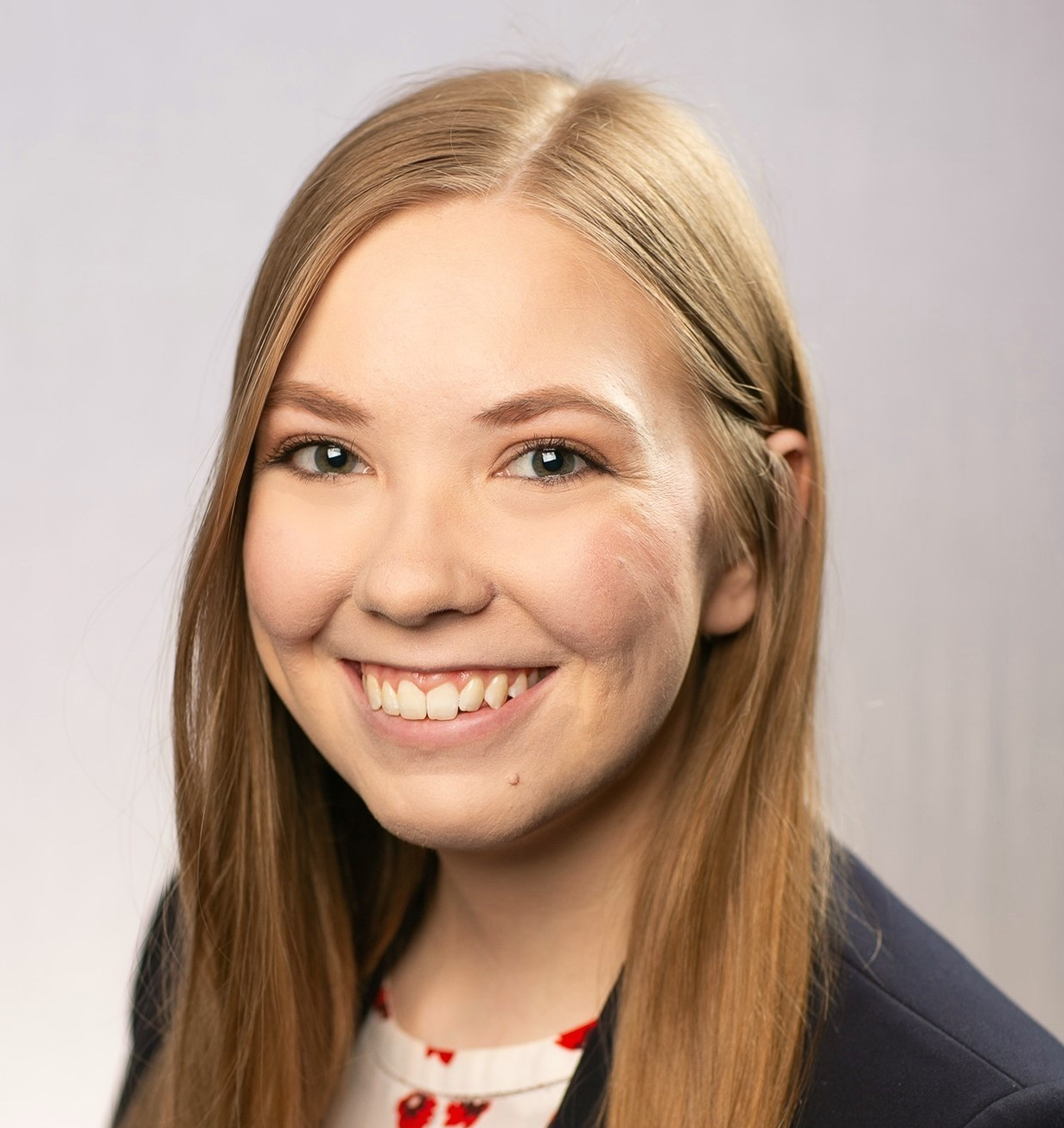PhD in Political Science
Program Overview
Our program is organized into the traditional major subfields of political science (including American politics, public policy/administration, international relations and comparative politics). Beyond that, we focus on a number of research cores on the cutting edge of political science research including race and ethnic politics, voting behavior, political movements, civil wars, American political institutions, and conflict management. We offer comprehensive methodological training in quantitative techniques, formal modeling and game theory, and qualitative techniques (such as interviews and archival research). Students are trained in state-of-the-art methodologies such as experiments, spatial econometrics, and techniques to collect and analyze big data (including automated data collection and text analysis). We are looking for promising students to help us answer important research questions with the most advanced techniques.
At Mizzou, we provide opportunities for collaborative research projects with faculty members who are experts in their area. Our vibrant program features professors who publish their research in top academic journals and university presses, edit leading journals in the discipline, and teach classes on advanced techniques at international methods institutes. The result is that our PhD students consistently publish in top academic journals while in graduate school. Nationally, it is somewhat rare to see students graduate with multiple publications, both solo and co-authored with faculty members; at Mizzou, it is the norm.
Coursework in our program consists of small seminars, allowing for intensive study of political science concepts and research, close interaction with faculty, and individual attention to student progress. Advised by graduate faculty, students at MU are encouraged to become active scholars capable of conducting independent analysis and research of political and social phenomena.
Mizzou Political Science maintains a low graduate student to faculty ratio, a commitment to student success, and a high rate of retention and graduation.
Program Info
Admissions to PhD Program
Funding & Assistantships
Student Development
PhD Handbook
On the Market
PhD Coursework
FAQ
Program/Field of Study
Doctoral students identify a primary and a secondary field among four areas of study offered in the Political Science:
- American Politics
- Comparative Politics
- International Relations
- Public Policy and Administration
The PhD program of study consists of 45 hours of graduate course work, including:
- 12 hours in a primary field of study
- 9 hours in a secondary field of study
- 13 hours in methodology
Up to 24 hours of courses from a student's master's program may be counted toward the doctoral degree, at the discretion of the student's doctoral committee. The doctoral degree requires a minimum of 72 hours of course credit including reading and research hours.
Students typically take comprehensive exams in the spring of the third year. After passing the comprehensive examination, students work on independent research and a dissertation under the advisement of a doctoral committee.
Featured Student
Learn More"If you decide to pursue a graduate degree, you should pursue it at a place where you feel supported, where you feel like you will have people to help you in those challenging moments, and where you feel confident that you will accomplish your academic goals."

PhD Placement
Our assistance to students doesn’t end when the student gets their PhD. Each student pursuing a job on the academic job market goes through the placement program, where we review job market materials, discuss strategy, and offer interview prep. We also offer seminars on how to succeed in non-academic careers, and have placed recent graduates in all levels of government, think tanks, and the private sector.
The Truman School is extremely proud of its recent placement efforts (see below). In addition to placing students in tenure-track professor positions in research-dominated universities, we have an excellent track record in students gaining employment at small state universities and liberal arts colleges. Professors in the latter type of universities can engage in their teaching passions while still having the opportunity to conduct research.
Tenure-track Assistant Professor Placement Institutions:
- Knox College
- Anderson University
- University of Louisiana-Lafayette
- Luther College
- Mount St. Mary's University
- Texas Tech University
- University of Macau
- University of Texas at Rio Grande Valley
- Lincoln University
- Baylor University
- State University of New York—Geneseo
- University of South Carolina
- Arkansas State University
- University of Stavanger (Norway)
- Georgia Southern University
- University of Reading (UK)
- University of South Carolina—Aiken
- University of York (UK)
Post-Doctoral Fellowships Placement Institutions:
- Stanford University
- University of Kentucky
- Dartmouth College
- Korea University
- University of Georgia
- Ohio State University
- University of Gothenburg
- Arizona State University
- University of Copenhagen
- Columbia University
- Vanderbilt University
At a Glance
Our Program
17 students
35 students
7 students